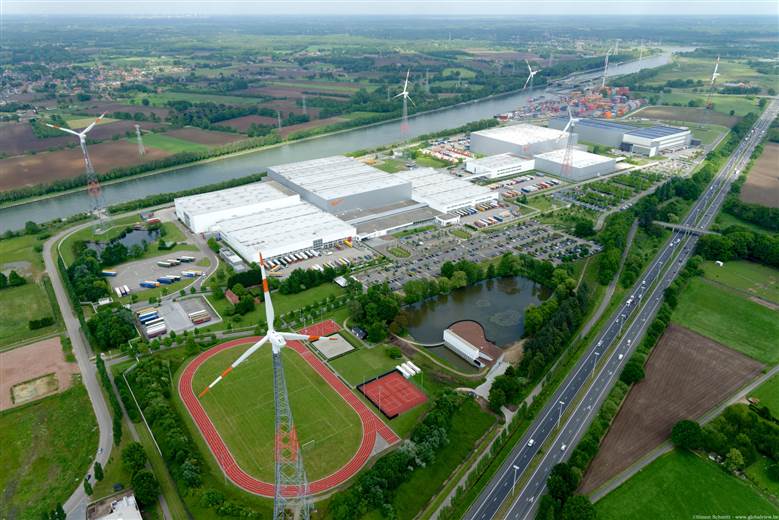Nike teams up with MIT for renewed focus on materials
28/09/2015

“For more than a decade, we’ve worked hard to understand where our greatest impacts lie. We know materials make up about 60% of the environmental impact in a pair of Nike shoes,” said Hannah Jones, chief sustainability officer at Nike. “This knowledge has focused us on the need to bring new low-impact performance materials to scale through innovative solutions.”
According to MIT, the apparel industry is expected to produce more than 400 billion square-metres of fabric per year and is estimated to consume nearly 1 billion kWh (kilowatt hour) of electricity every year.
Through this collaboration with Nike, the MIT Climate CoLab can help kick-start the conversation around materials by galvanizing our global community to start to tackle this immense challenge,” said Professor Thomas Malone, Principal Investigator and Founder of the MIT Climate CoLab project. “The Climate CoLab is harnessing the power of collective thinking to solve some of the world’s toughest challenges and develop solutions to drive a new shared understanding that, ultimately, can enable transformative change.”
The MIT Climate CoLab Materials Challenge seeks ideas for how to engage industries, designers and consumers in valuing, demanding and adopting low-impact fabrics and textiles.
Nike has also launched the Making App, which it says helps designers and product creators make better decisions about their materials choices. Nike recently updated the app to highlight the climate-related impact of materials choices alongside chemistry, waste and water.
Image: Nike has installed wind turbines at its energy-powered European logistics campus in Belgium










